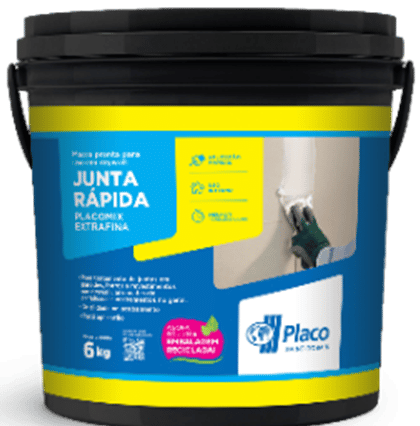Reduce non-recovered production residues by 50% between 2010 and 2025

Terms of the action or commitment
Reducing the waste generated by industrial processes and aiming for “zero non-recycled waste” are integral parts of the pillars of the sustainable resource management policy initiated in 2015 within the Saint-Gobain Group. The industrial sites are working to reduce the quantities of waste generated according to the “3Rs” hierarchy: reduce reuse and recycle. Incineration and landfilling are to be limited as much as possible.
The priority actions of waste management are the reduction of the quantities of production residues generated. The operational excellence achieved in the World Class Manufacturing program, particularly in terms of quality and productivity, is the first approach to reducing waste and optimize the use of resources.
The priority actions of waste management are the reduction of the quantities of production residues generated. The operational excellence achieved in the World Class Manufacturing program, particularly in terms of quality and productivity, is the first approach to reducing waste and optimize the use of resources.
Levers mobilized for circular economy (according to Ademe)
Implementation timeline
Starting year
2010
Ending year
2025
Main actors mobilized
Internal actors
Operations, EHS, Supply chain, Procurement, R&D
External actors
or
Geographic area
Worldwide
Photo / Video
2022 follow-up of the action
Date of follow-up
May 1st 2022
Methods of validation of the follow-up
The indicator is measured on the basis of feedback from each of Saint-Gobain's industrial sites. These figures are validated annually by an independent third-party expert.
Status of the action
In progress
Completed
Cancelled
Comparison with the projected pace in the last publications
Keeping up with the times
In advance
Delayed
Partial / Final results
459,000t of non-recycled waste declared in 2021 by the Group’s industrial entities, down 27% compared to 2010 at Iso production.
Company's comments
The year 2021 is marked by a strong rebound in production volumes in many plants around the world, following a year 2020 marked by the health crisis. This rebound has resulted in an increase in production residues generated compared to 2020, and at the same time an increase in the tonnage of non-recycled waste in some plants. This increase masked the progress made in a number of sites on the recovery of production residues. The overall improvement over 2021 is therefore not very significant, and stands at -27% compared to 2010 at Iso production 2010. Nevertheless, the Group remains confident in its ability to achieve the objectives set for 2025.
Progress in the management of production residues at some Group sites shows that “zero non-recycled waste” is an achievable ambition, but much remains to be done, particularly in geographical areas where landfill costs remain low.
Progress in the management of production residues at some Group sites shows that “zero non-recycled waste” is an achievable ambition, but much remains to be done, particularly in geographical areas where landfill costs remain low.




